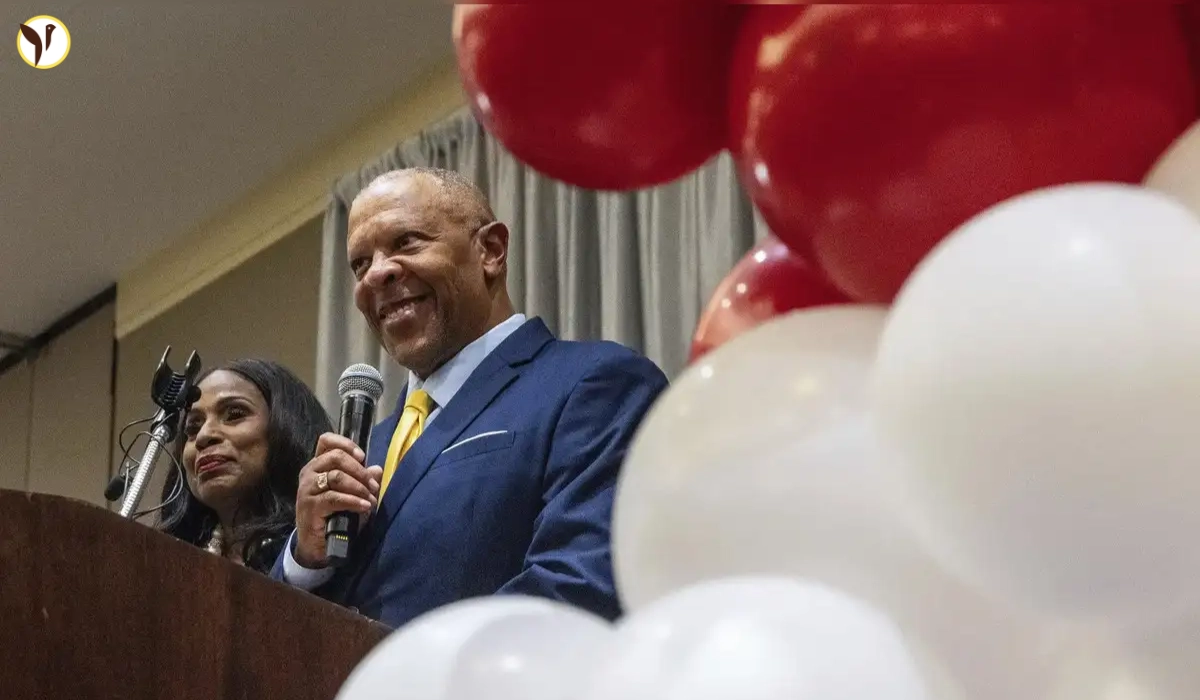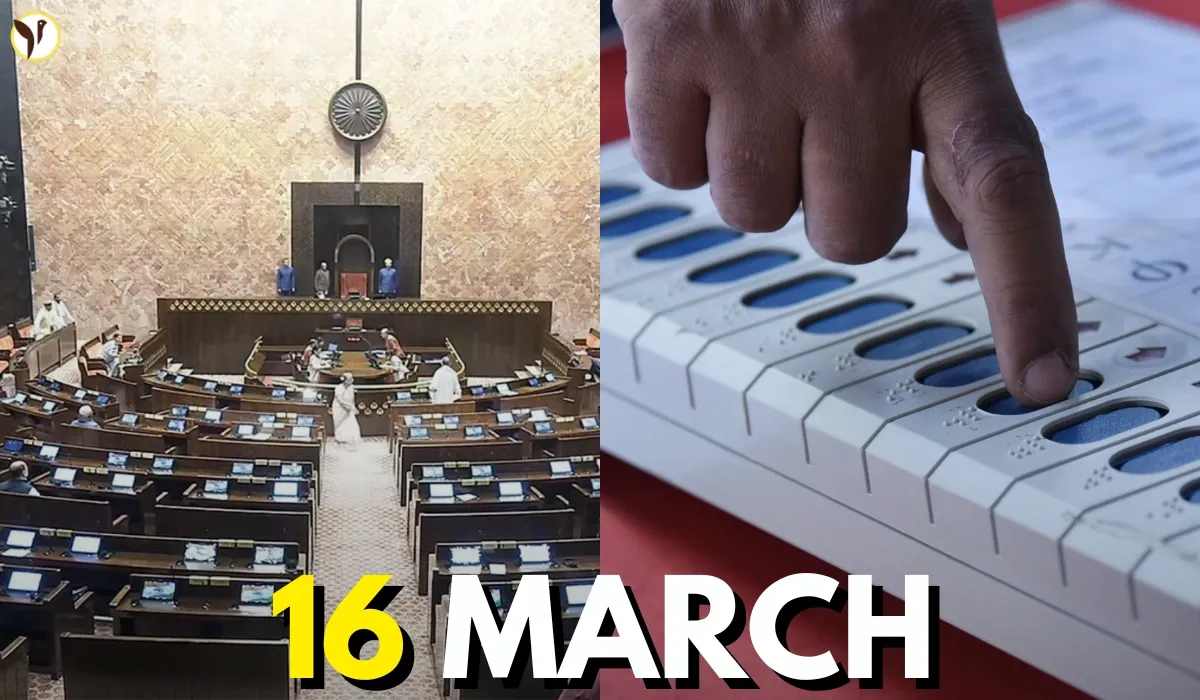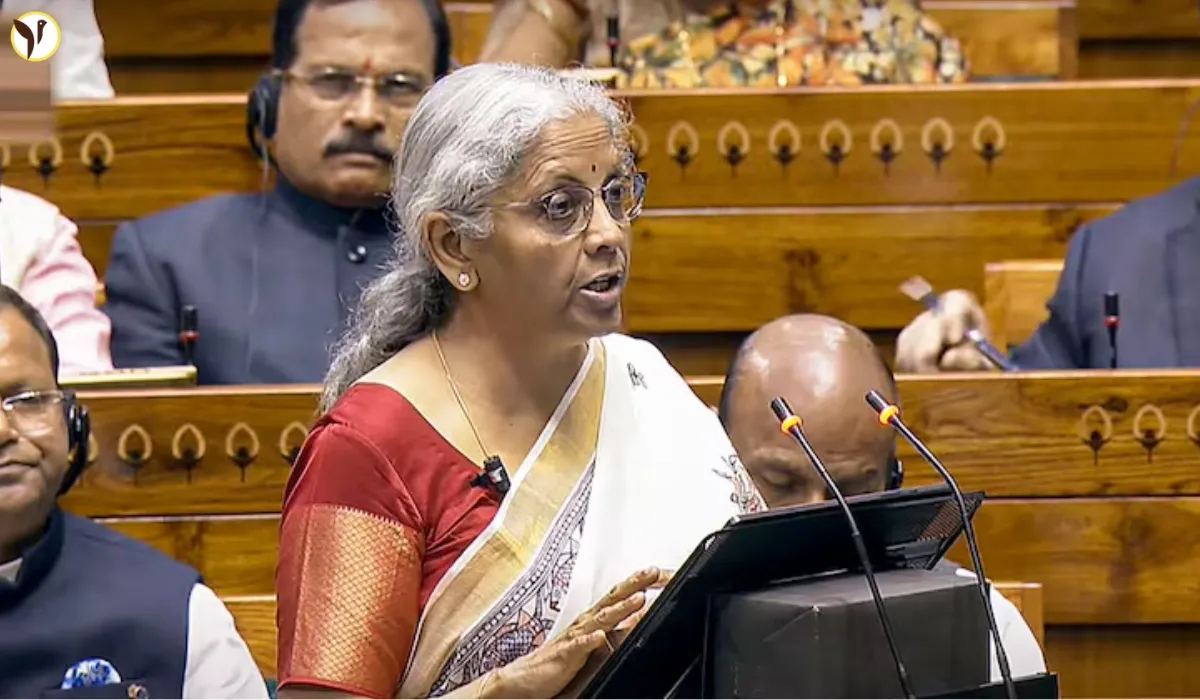Making History in Omaha: Ewing Breaks Barriers as Stothert's Era Ends
The winds of change swept through Omaha Tuesday night as voters made their voices heard loud and clear. John Ewing Jr. will become the city's next mayor, bringing Jean Stothert's twelve-year run to a close. Around 9:30 p.m., with the numbers telling an unmistakable story, Stothert – Omaha's pioneering first female mayor – stepped to the podium and conceded.
Down to the Wire: How the Race Unfolded
What began as a neck-and-neck battle ultimately wasn't as close as many predicted. Ewing pulled ahead with 45,336 votes to Stothert's 36,307 – a gap that proved too wide to bridge. The city's political geography told its own story: Stothert maintained her traditional stronghold in western Omaha, while Ewing dominated the east central neighborhoods and swept North Omaha precincts.
One campaign volunteer described the atmosphere at Ewing's election night headquarters as "electric." "You could feel people realizing they were witnessing something special," she said. "Not just a change in leadership, but a genuine milestone for our city."
- Primary Battle: The road to this showdown wasn't easy. Both candidates emerged from a crowded primary field that included Mike McDonnell, Jasmine Harris, and Terry Brewer, each with their own vision for Omaha's future.
- Voter Turnout Tale: Despite lower turnout compared to 2021, the results revealed Omaha's political divide hasn't changed – west side voters leaning conservative, east and north embracing more progressive candidates.
Stothert didn't go quietly. In her concession speech, she reflected on her remarkable tenure with a mix of pride and hope. "Twelve years is a good, long run," she told supporters, her voice occasionally catching. "I'm proud of what we've accomplished together, and I hope the progress we've made continues." After thanking her family and congratulating newly elected council members, she nodded to her place in history – tied as Omaha's longest-serving mayor ever.
Tale of Two Leaders: Different Paths, Different Visions
Who is John Ewing Jr., the man who will now lead Nebraska's largest city? Since 2007, he's been a fixture in county government as Douglas County Treasurer. But his public service stretches back much further – 25 years with the Omaha Police Department, where he rose to deputy chief, managing budgets and overseeing major projects.
On the campaign trail, Ewing didn't mince words about what needed fixing. "Have you driven on our streets lately?" became his unofficial slogan, resonating with pothole-weary voters. He promised practical solutions: better road repairs, more cops on the beat, and serious attention to the affordable housing crunch.
David Hill, who cast his ballot early, summed up what many voters were feeling: "Look, I'm just tired of dodging craters on my way to work. Stothert's had 12 years to fix things, and my suspension still takes a beating every time it rains." Another voter, James Loach, nodded in agreement while waiting in line. "We need a city that attracts businesses and keeps young people here. Something had to change."
- Money Talks: The campaign's final stretch saw checkbooks flying open. Stothert's coffers swelled with contributions from Republican heavyweights – Senator Pete Ricketts and Governor Jim Pillen among them – fueling a last-minute advertising blitz that took aim at her challenger.
- Below-the-Belt Tactics? Those final days turned ugly. The Omaha Leadership Fund, bankrolled heavily by Ricketts family money, mailed out pieces targeting Ewing on transgender issues. When pressed, Stothert defended the messaging, though at least one member of the city's LGBTQ+ advisory board raised eyebrows, saying they weren't consulted as claimed.
Breaking the Barrier: What Ewing's Win Means
When John Ewing raises his right hand to take the oath of office, he'll do more than begin a new political chapter – he'll make history as Omaha's first Black mayor. In a city with deep, complex racial history, that matters.
While potholes and public safety dominated campaign discussions, national undercurrents were unmistakable. References to Trump appeared in some messaging, and culture war issues surfaced in those controversial final ads. But in the end, most voters seemed focused on a simpler question: who could best tackle the day-to-day challenges of running their city?
"I voted for competence," said Maria Gutierrez, a midtown resident. "I want someone who understands budgets, who's managed departments before, and who sees the whole city – not just certain neighborhoods."
What's Next for the Big O?
As Ewing prepares to take the reins, Omaha stands at a crossroads. Will he deliver on those promises to fix the streets that had voters nodding in agreement? Can he bridge the city's persistent east-west divide? And how will his historic status as the city's first Black mayor shape his approach to leadership?
The answers will unfold in the months ahead. For now, Omaha has spoken – choosing new leadership and turning the page to a fresh chapter in the city's story. As one long-time political observer put it, "Cities evolve. Sometimes gradually, sometimes suddenly. Tuesday night was one of those moments when you could actually feel the change happening."









